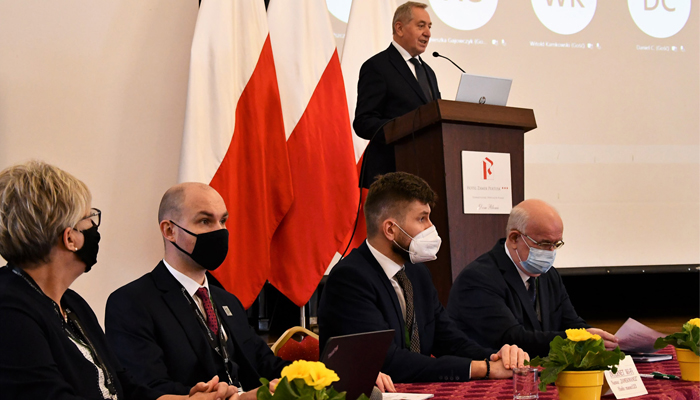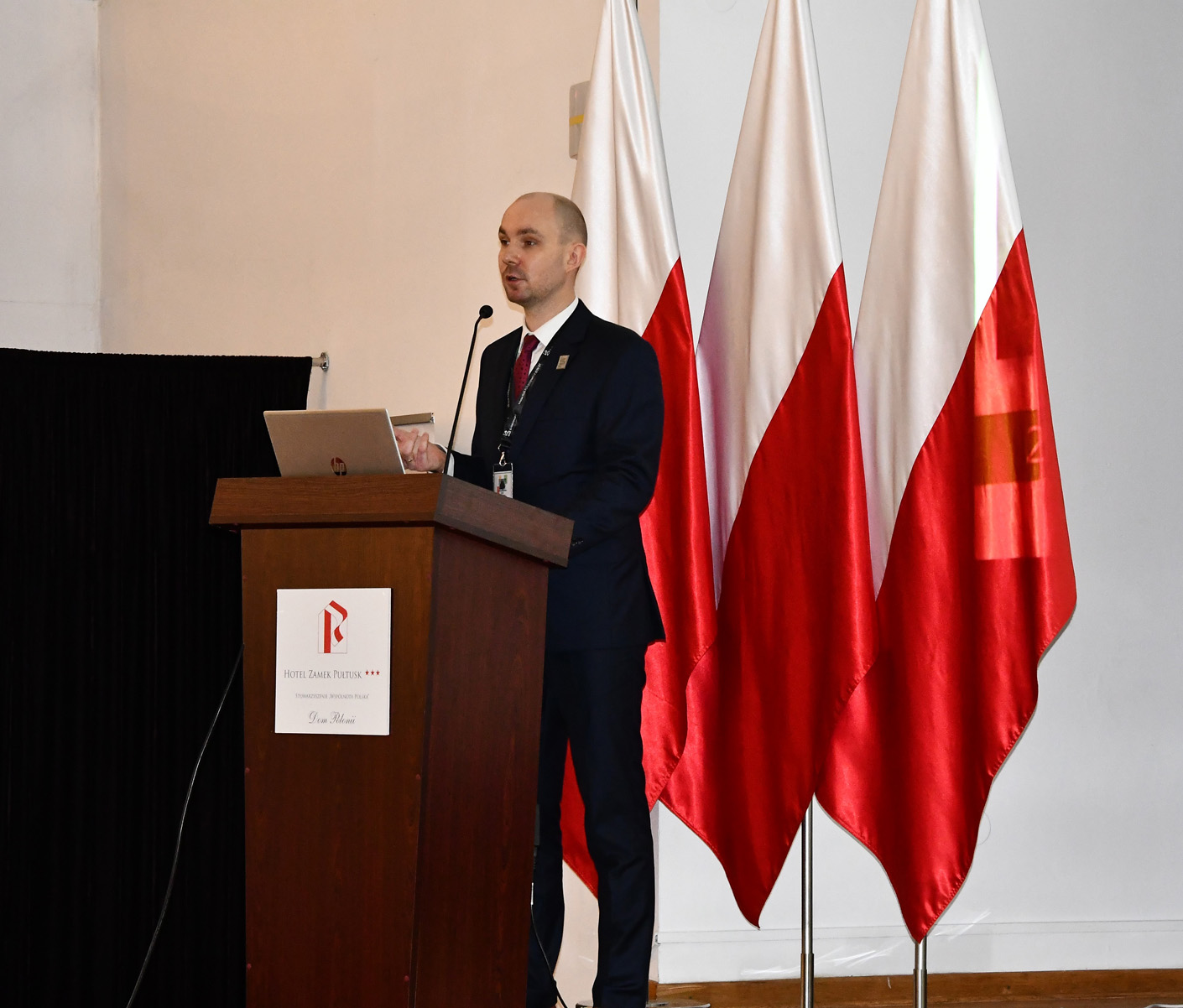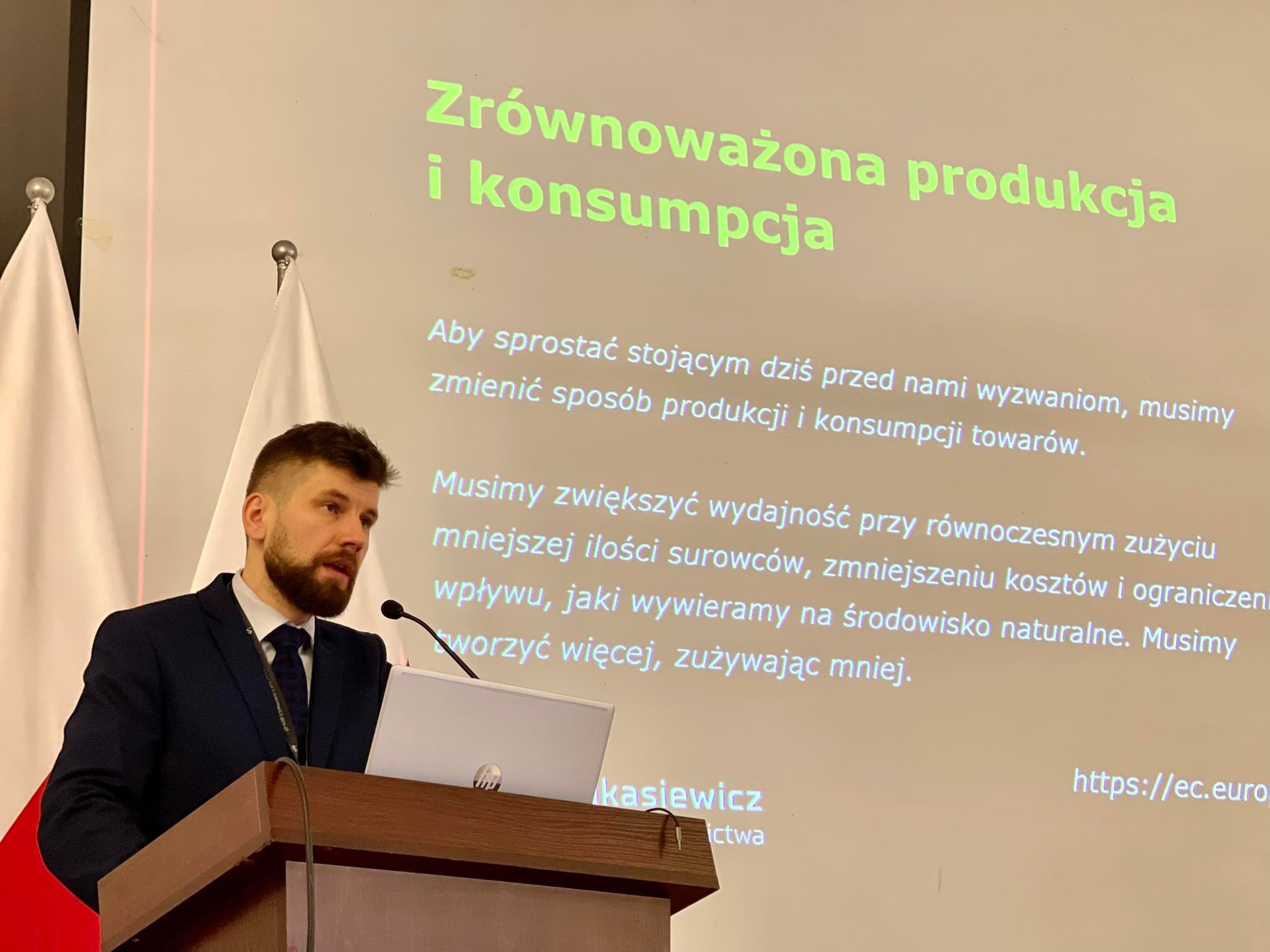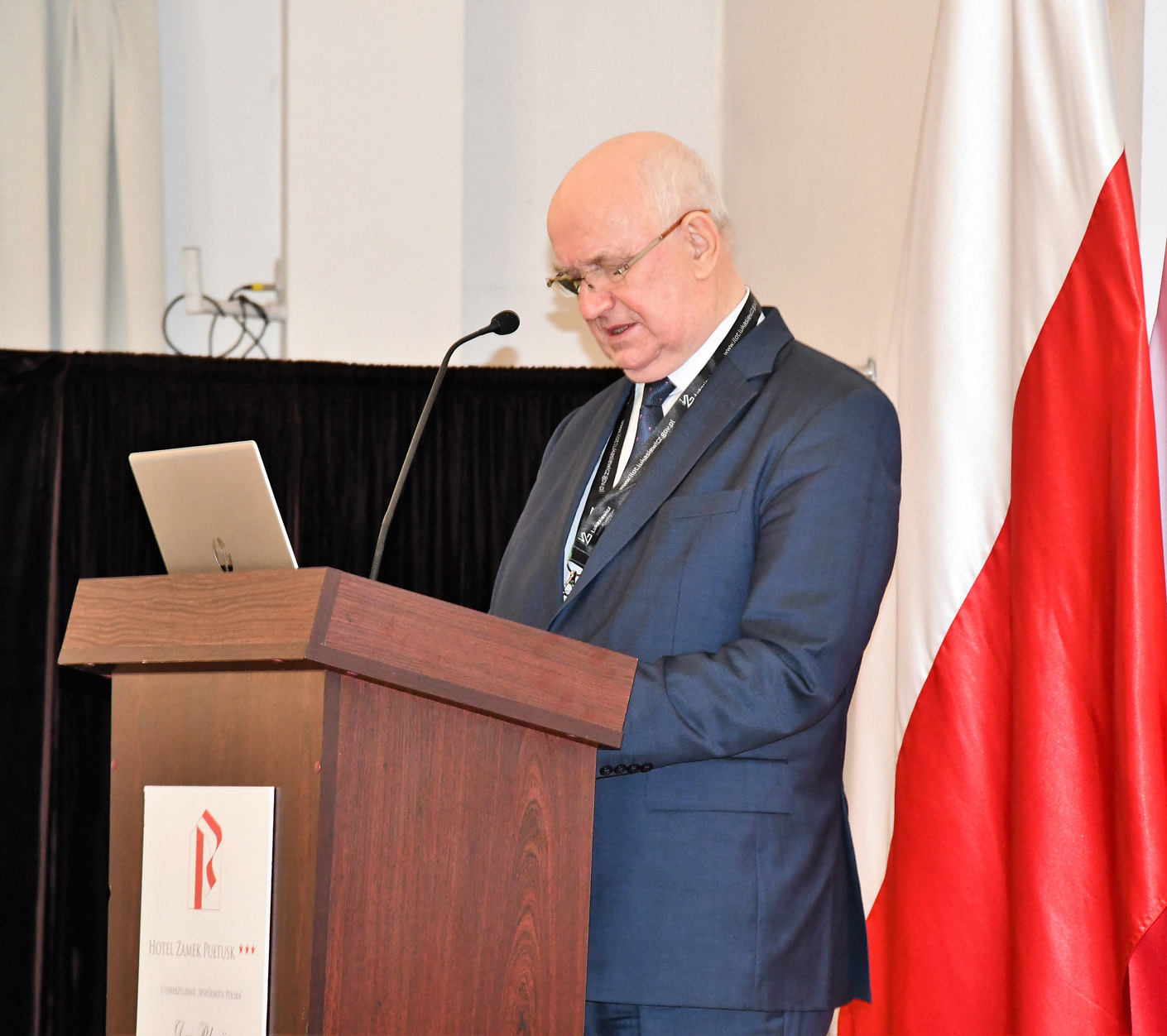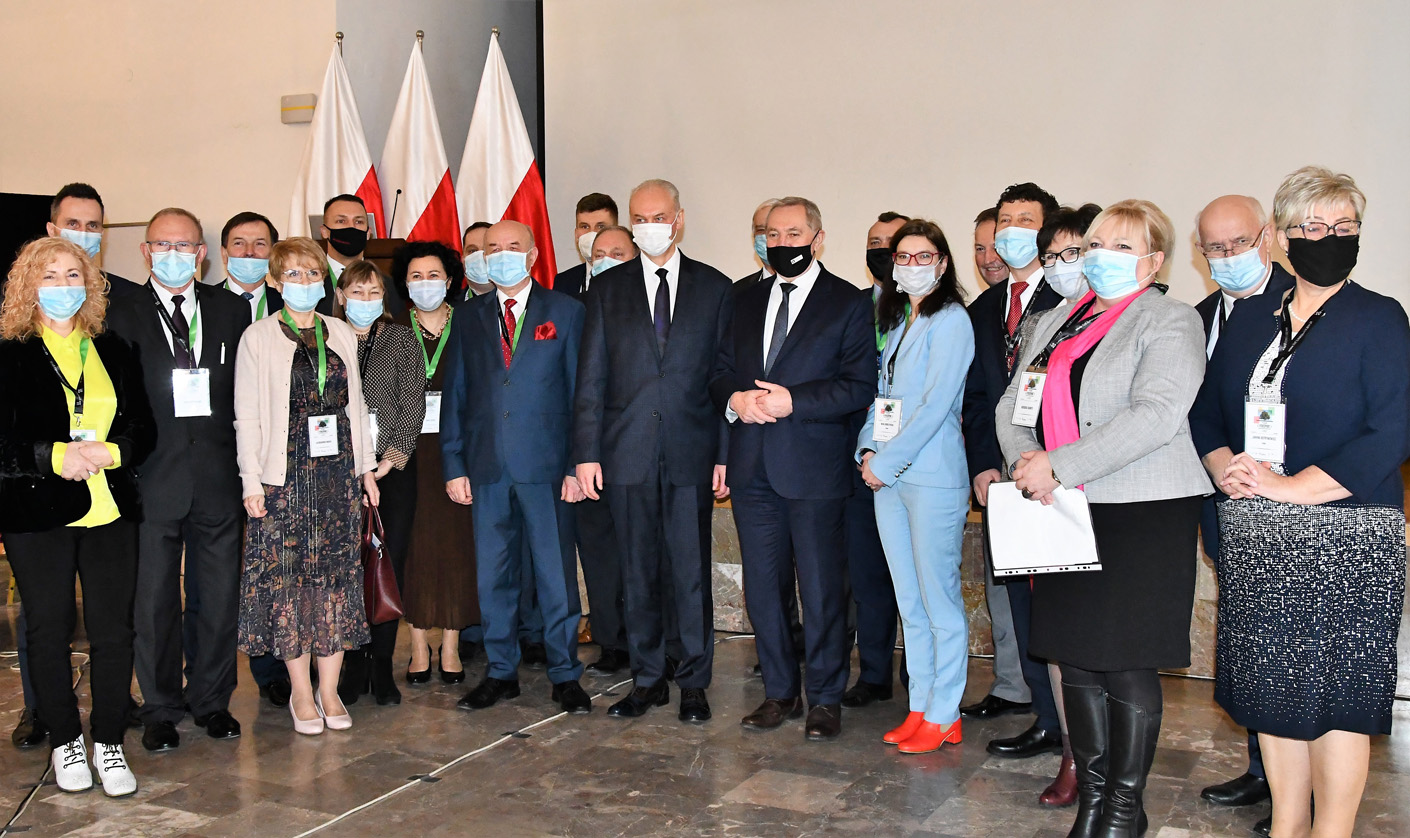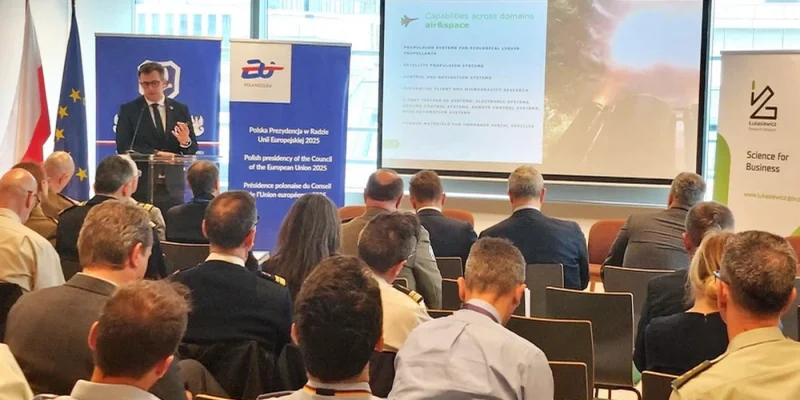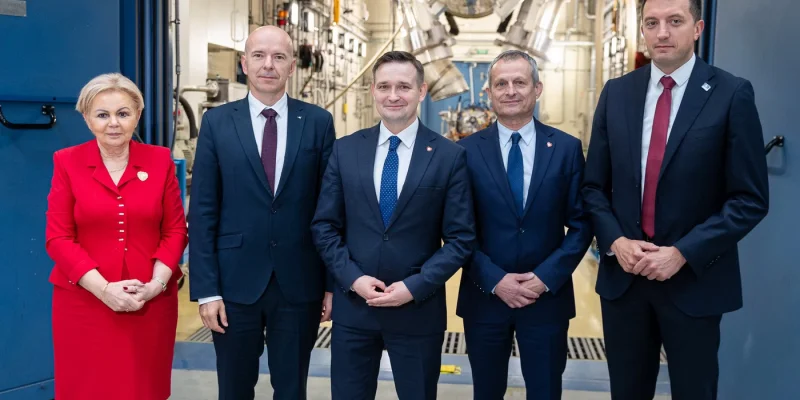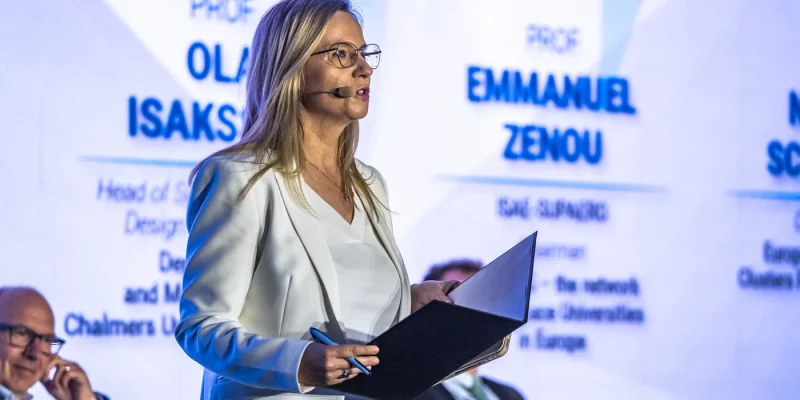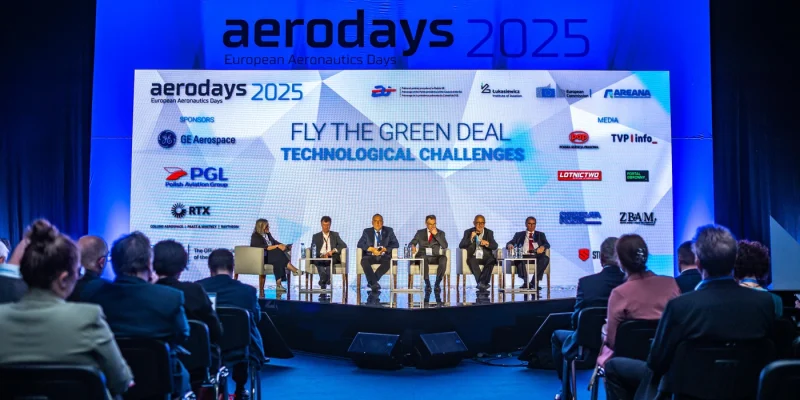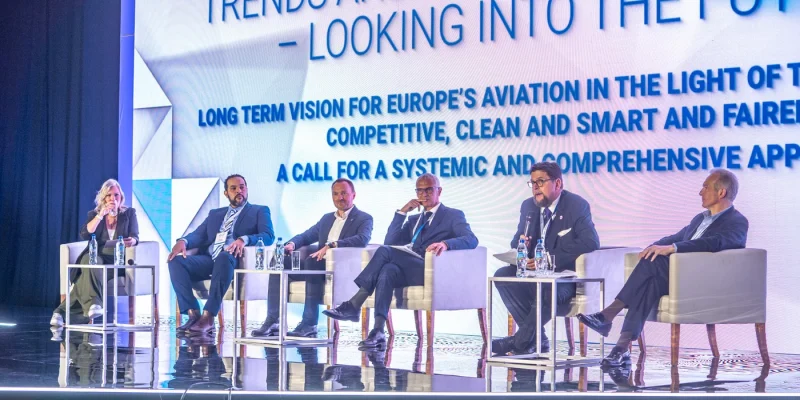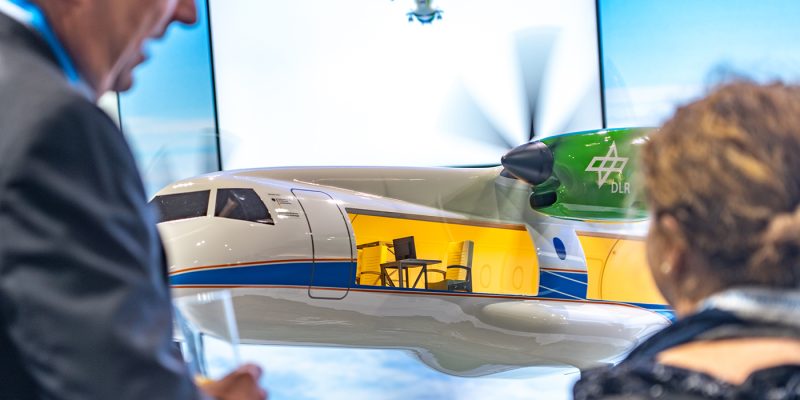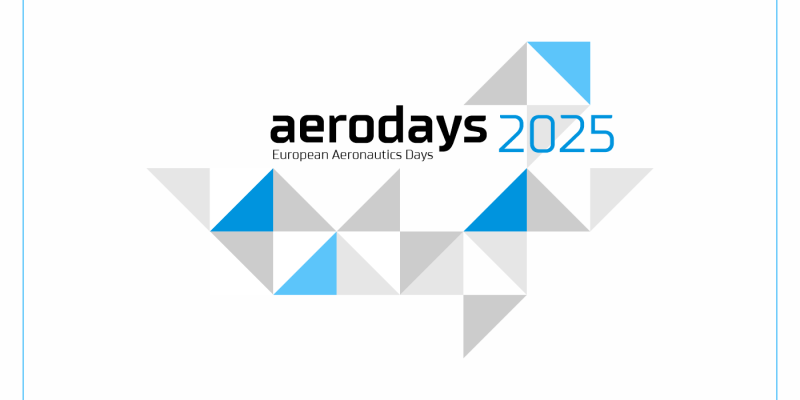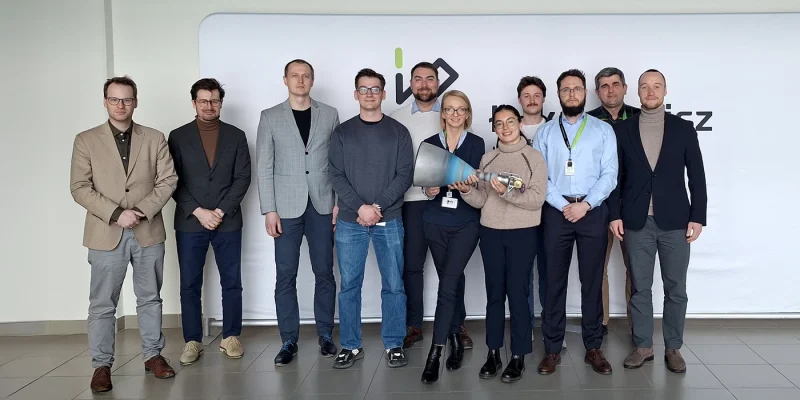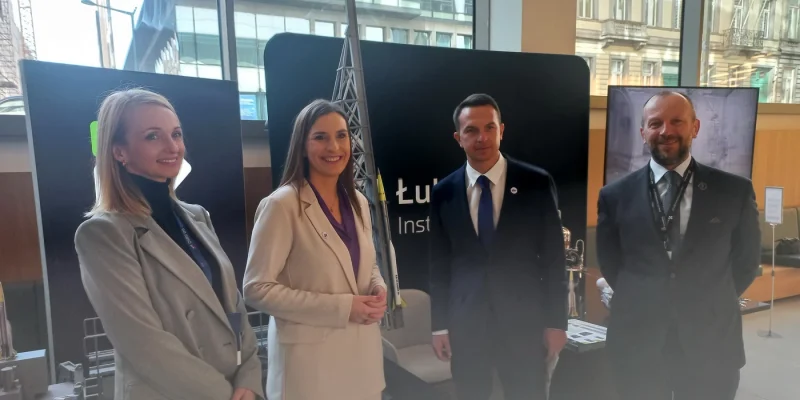The Łukasiewicz-Institute of Aviation and the State Plant Health and Seed Inspection Service organized a conference “Innovative solutions for Polish agriculture” devoted to the FITOEXPORT project. The event was held on January 24-25, 2022 at the Polonia House in Pułtusk. The guest of honor at the conference was the Minister of Agriculture and Rural Development – Henryk Kowalczyk.
The conference aim was to present the assumptions and results of the FITOEXPORT project tasks. Technologies and innovative solutions for modern agriculture were also debated.
About the FITOEXPORT project
The goal of the FITOEXPORT project is to increase the competitiveness of Polish plant products on international markets by increasing their quality and phytosanitary safety. The project has been implemented since the beginning of 2019 as part of the GOSPOSTRATEG program, financed by the National Center for Research and Development. The value of the project on the side of the Łukasiewicz-Institute of Aviation is PLN 3.1 million.
Remote sensing and drone technologies for agriculture
The use of modern remote sensing technologies, unmanned aerial vehicles (commonly known as drones) and machine learning methods are becoming increasingly important in effective crop monitoring, say experts from the Łukasiewicz-Institute of Aviation.
The State Plant Health and Seed Inspection Service (SPHSIS) work is focused, among others, to reduce the risk of harmful organisms or to supervise the production of seed. Today these areas are effectively supported by the use of modern technologies and innovative solutions in the field of remote sensing.
Deep machine learning, satellite data, mobile applications, lightweight multispectral sensors, unmanned systems provide SPHSIS field inspectors with effective tools that increase the efficiency of their daily work.
For widely understood agriculture this is of particular importance because according to the United Nations data, this area must increase its production by nearly 60% to meet the nutritional needs of people in 2050.
Modern remote sensing and drone technologies, which were developed by the Łukasiewicz-Institute of Aviation as part of the FITOEXPORT project, significantly help in this. SPHSIS inspectors are able to quickly map a large area of crops, detect places at risk of pathogens, quickly and precisely search for data on selected pathogens (mobile application), automate checks in greenhouses, analyze the area of entire communes and counties thanks to satellite data, and in the near future, classify and detect specific plant diseases or automatically analyze the condition of specific crops.
—
The Łukasiewicz Research Network – Institute of Aviation is one of the most modern research facilities in Europe, with traditions dating back to 1926. The Institute closely cooperates with global tycoons of the aviation industry, such as: GE, Airbus, Pratt & Whitney, and institutions from the space industry, including the European Space Agency. Strategic research areas of the Institute are aviation, space and unmanned technologies. It also provides research and services for domestic and foreign industries in the field of materials, composite, additive, remote sensing, energy and oil&gas technologies.
The Łukasiewicz Research Network provides attractive, complete and competitive technological solutions. It offers a unique system of “challenging” to business, thanks to which a group of 4,500 scientists in no more than 15 working days accepts the business challenge and proposes the entrepreneur to develop an effective implementation solution. At the same time, it involves the highest competences of scientists in Poland and a scientific apparatus unique in Poland. What is most important – the entrepreneur does not bear any costs related to the development of an idea for research work. Łukasiewicz meets the expectations of business in a convenient way. The entrepreneur may decide to contact us not only through the form at https://lukasiewicz.gov.pl/biznes/ but also in more than 50 locations: the Łukasiewicz Institutes and their branches throughout Poland. They will receive the same – high quality – product or service everywhere. The Łukasiewicz potential is focused around such research areas as: health, intelligent mobility, digital transformation and sustainable economy and energy.


